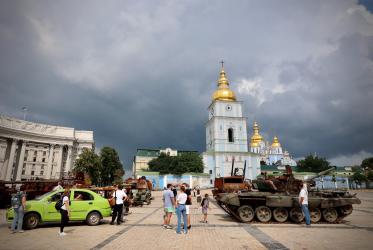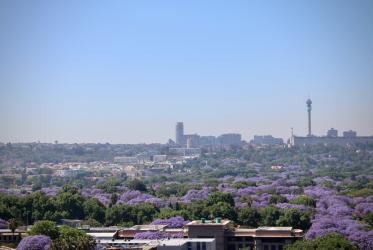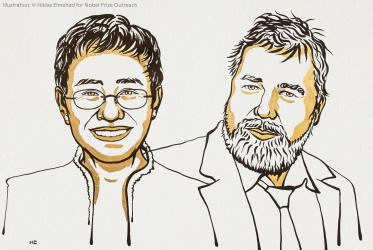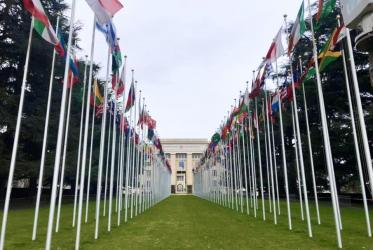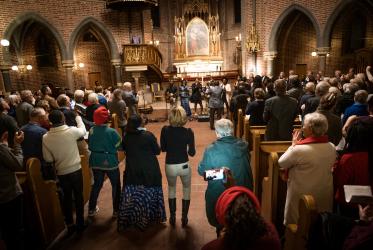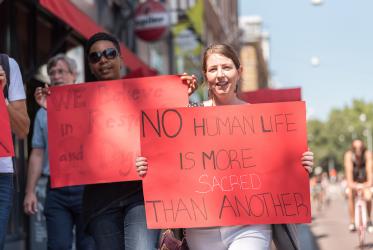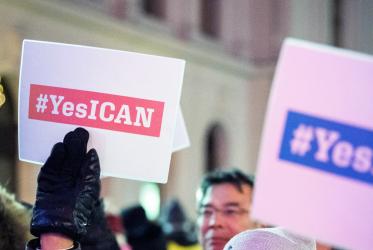Displaying 1 - 20 of 63
World mourns loss of Archbishop Desmond Tutu
30 December 2021
WCC congratulates 2021 Nobel Peace Prize laureates
14 October 2021
Nuclear weapons threat, climate change linked in many ways
17 August 2021
Oslo prays for peace, in week of Peace Prize ceremony
10 December 2018
WCC executive committee tackles public issues
07 November 2018
WCC congratulates 2018 Nobel Peace Prize laureates
05 October 2018
#WCC70: Nathan Söderblom, ecumenical pioneer
29 August 2018
